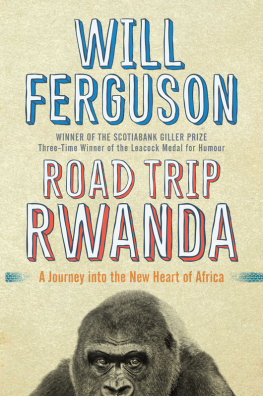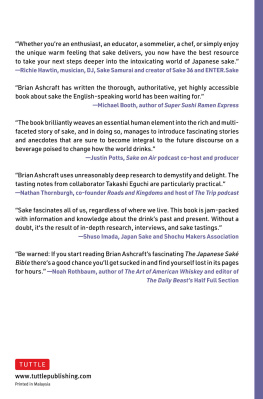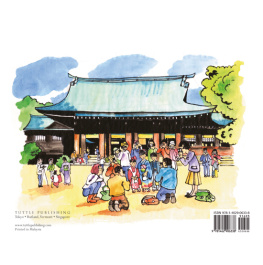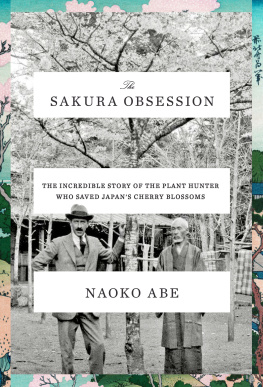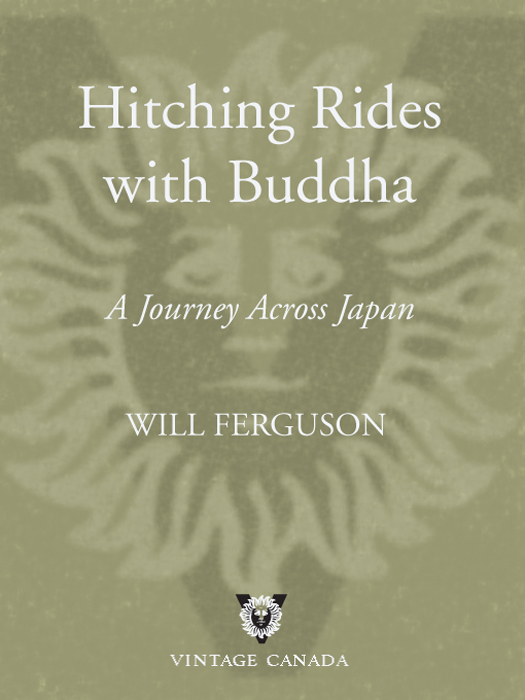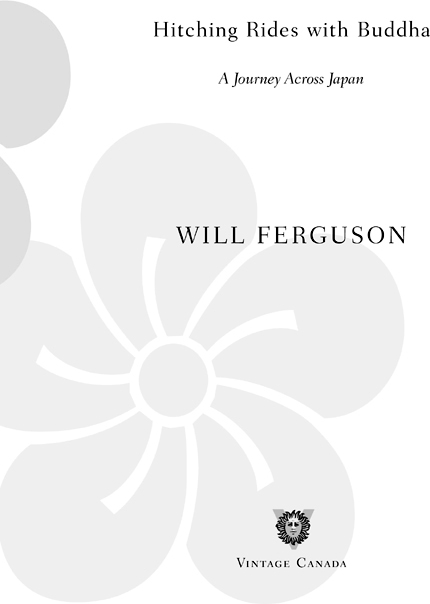Praise for Will Ferguson and Hitching Rides with Buddha
With a facility in the Japanese language that seems capable of coping with, if not quite solving, all obstacles, our savvy young Canadian travel guide is ever ready to deflate conventional sentimentality Quick to cavil, self-deprecating, Will Ferguson seems eminently trustworthy.
The Globe and Mail
Ferguson is certainly a sprightly writer, blessed with a sense of the absurd in everyday life but with an empathy for strange and exotic things.
The Province (Vancouver)
[Fergusons encounters] are fleeting, yet vivid, like the blossoms he followed.
The Hamilton Spectator
[Will Ferguson is] a wickedly witty travel guide, with a knack for dropping absurdist, out-of-left-field remarks that raise a smile or a belly laugh. Hitching Rides with Buddha brims with acerbic humour, informed observations, and lively stories. Ferguson is one fine Land of the Rising Sun tour guide.
Winnipeg Free Press
A fantastically offbeat odyssey brimming with irony, poetry, and insight.
The Scotsman
What a wonderful book. Like Bill Bryson, Ferguson is often at his best (and laugh-out-loud funniest) when most annoyed, but he is fundamentally sympathetic and his tale, at one point, may even move you to tears.
The Irish Times
You trust both his humour and his insights. An admirable pair of eyes through which to see contemporary Japan.
The Observer (UK)
A mild stroke of genius. Savagely hilarious.
Sunday Herald (UK)
The road book of the year. A warm-hearted account with a generous helping of satire.
The Daily Telegraph (UK)
[Ferguson] writes about the Japanese and their unfathomably wonderful country with depth, warmth, and affection.
The Australian
Loaded with insights and highly original observations, this is overall an outstanding piece of travel writing. That so much of it is side-splittingly funny helps.
Insight Japan
Beneath that thick skin lies a poetic soul: he may drink too much, and end up sweaty and alone in sad Love Hotels, but he can write about Shintoism, history, nature, and architecture with real sensitivity.
The Sunday Times (UK)
What makes this book so appealing is Fergusons unpredictability. Stylistically, he never sits still [H]e seems capable of writing in pretty much any mode that occurs to him, and has opinions on everything. And though hes frequently and savagely ironic, he is also not afraid to declare his feelingswhich means you trust both his humour and his insights.
The Guardian (UK)
Funny, observant, irreverent too.
Time Out
Ferguson masterfully presents many of the differences between Japan and the rest of the world, making for some excellentand often hilariousstorytelling.
The Chronicle Herald (Halifax)
If Douglas Adams and P.J. ORourke ever had an extra-terrestrial Satanic love-child, it would probably write like Will Ferguson. That is, it would be observant, attitudinal, occasionally offensive, and funny.
Los Angeles Times
Fergusons dry sense of humour portrays an insiders view of Japan. For anyone thinking of going to Japan, this will be an invaluable read. If youve already been, you will find yourself laughing out loud in recognition.
Geographical (Magazine)
Funny and revealing. It is a relief to hop into a strangers car with Will Ferguson.
The Washington Post
Sometimes touching, sometimes amusing, and always true As a wordsmith and a traveller, Ferguson knows where he is going.
Boston Globe
ALSO BY WILL FERGUSON
The Penguin Book of Canadian Humour (editor)
Beauty Tips from Moose Jaw
Happiness
How to Be a Canadian (Even if You Already Are One)
with Ian Ferguson
Canadian History for Dummies
Bastards and Boneheads: Canadas Glorious Leaders
Past and Present
The Girlfriends Guide to Hockey
with Teena Spencer and Bruce Spencer
I was a Teenage Katima-victim! A Canadian Odyssey
The Hitchhikers Guide to Japan
Why I Hate Canadians
All things considered, there are only two kinds of men in the worldthose who stay at home and those who do not. The second are the more interesting.
RUDYARD KIPLING ,
as quoted in The Honourable Visitors
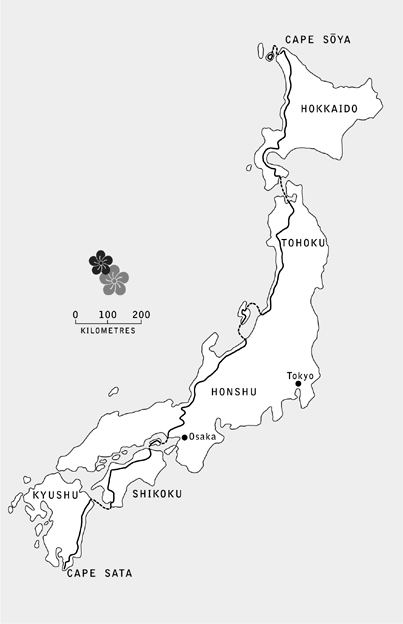
C ONTENTS
N OTE ON THE C ANADIAN E DITION
This book was published in the US and the UK under the title Hokkaido Highway Blues. An abridged British pocketbook version was also released. The full version has been restored for the Canadian edition, along with the title I always wanted: Hitching Rides with Buddha. (That title was nixed by the American publisher on the complaint that it sounded too religious. Sigh.)
The photograph on the front is of a wooden folk toy I brought back with me from northern Japan. It depicts one of the namahage, the red-faced, wild-tempered demons who terrorize children and are placated with sak. It is said that the legends of these namahage originate with shipwrecked Russian sailors who were washed ashore. I can think of no better emblem for long-term Western residents living in Japan. Hitching Rides with Buddha is the tale of one such namahage and his journey across a country that has held him captive for years.
W. F.
T HE D EVILS W ASHBOARD
Southern Kyushu

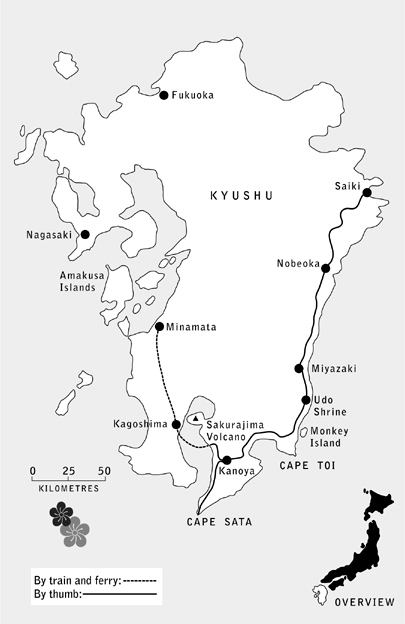
1
C APE S ATA is the end of Japan.
When you turn your back to the sea and look northward, all of mainland Japan is balanced, sword-like, above you. It is a long, thin, volcanic country: a nation of islands that approachesbut never quite touchesits neighbours. It is a land that engenders metaphors. It has been likened to an onion: layers and layers surrounding nothing. It has been described as a maze, a fortress, a garden. A prison. A paradise. But for some, Japan is none of these. For some, Japan is a highway. And Cape Sata is where it ends.
A road winds its way in descending squiggles toward the sea. Tattered palm trees and overgrowths of vine crowd the roadside. Villages flit past. The road twists up into the mountains, turns a corner, and endsabruptlyin a forest of cedar and pine. A tunnel disappears into the mountainside.
From here you proceed on foot, through the unexpected cool damp of the tunnel, past the obligatory souvenir stands, onto a path cut through the trees. Along the way, you come upon a hidden shrine. You ring the bell and rouse the gods and continue deeper into the forest green.
A faded cinderblock building is perched at the edge of a cliff, clinging to the last solid piece of ground. Inside, a tired-looking woman is selling squid that is skewered on sticks and covered with thick, sticky soy sauce. Somehow, you resist the temptation. Instead, you climb the stairs to the observation deck and, through windows streaked with dust and nose-smears, you gaze out at the majesty that is Cape Sata.


